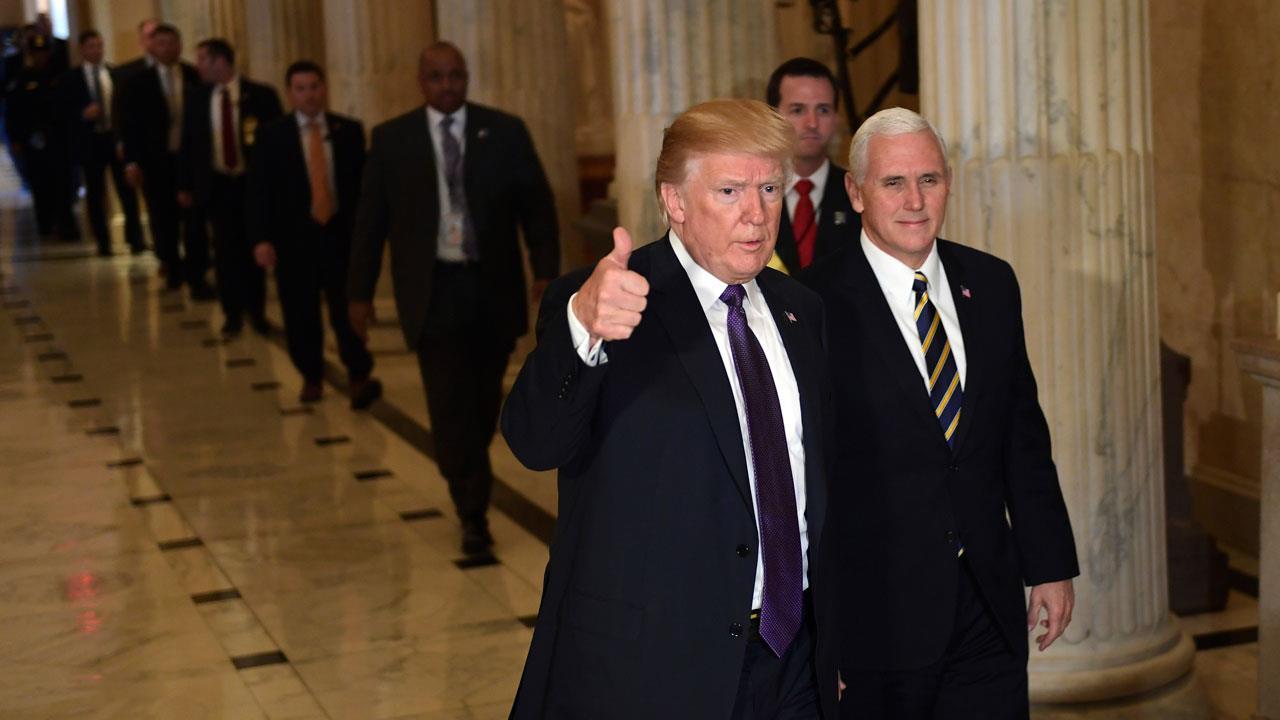Wealthy investors find lucrative tax loophole
The Trump administration enacted a sweeping tax reform package at the end of last year, but some older provisions survived – including a loophole that could potentially save wealthy Americans a lot of money.
The measure, first reported by Bloomberg, was created during President John F. Kennedy’s tenure in the 1960s and was intended to prevent Americans from avoiding tax dues by stashing cash overseas. It allows individuals that have offshore investments to choose whether those profits are taxed at the individual rate or the corporate rate.
The election is available to any U.S. shareholder of a so-called controlled foreign corporation (CFC), or an entity registered and conducting business in a different jurisdiction. An investor can create a controlled foreign corporation and place bonds, real estate or other investments into it.
The Tax Cuts and Jobs Act slashed the corporate tax rate to 21% from 35%, while the individual tax rate for the wealthiest Americans sits at 37%. This makes it more beneficial for Americans to choose to have their CFC taxed at the corporate tax rate, which is now 16 percentage points lower than the top individual rate.
The catch is that the money stored overseas would likely need to be money that the investor did not need to access during the near-term, because distributions would be subject to double taxation.
As reported by Bloomberg, it has yet to be determined by the Internal Revenue Service (IRS) at which rate the money distributed back into the U.S. would be taxed – the individual rate of 37% or the long-term capital gains rate of 20%.
Using the election, however, may make sense for some investors who want their money to grow abroad while taxed at the lower rate.




















